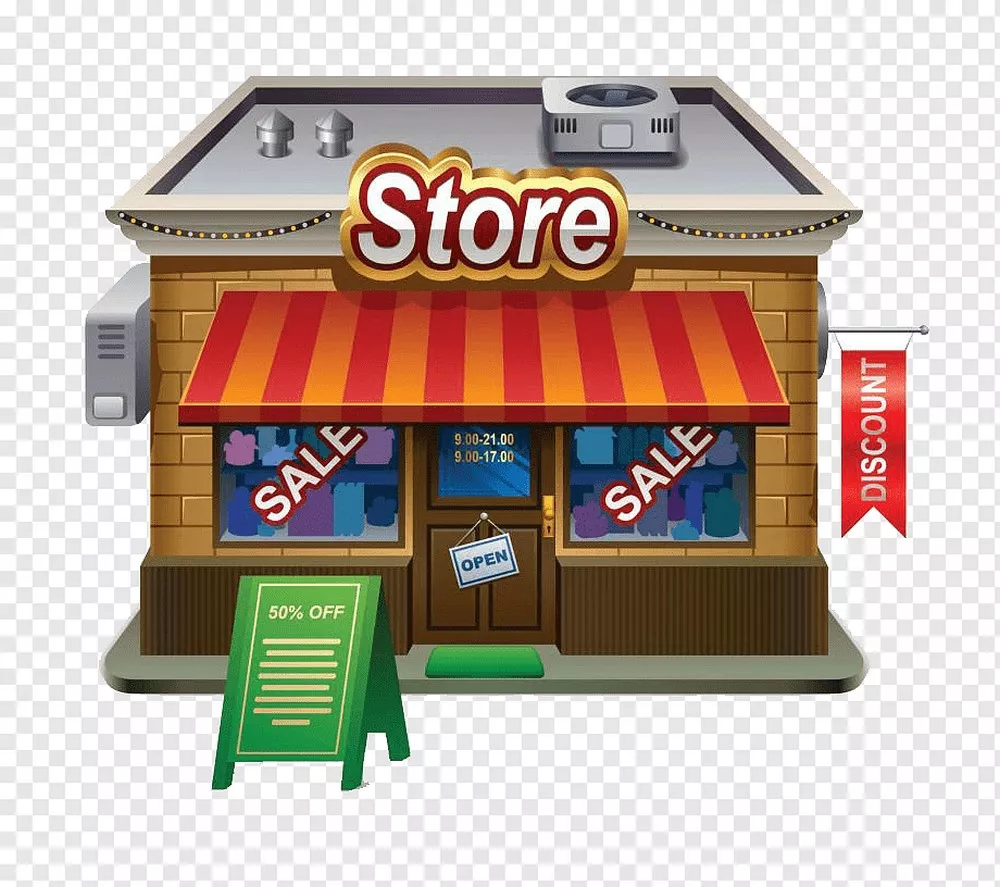So you’ve decided to take the plunge and register your business in Florida. Congratulations! Whether you’re starting a sole proprietorship or a limited liability company (LLC), you’re taking an important step toward ensuring the success of your business.
Discover collection of articles right now about financial and business.
SparkleTeddy talk about and throw in personal financial planning,
business and Taxes. You can expect to see reviews of financial products
like mutual funds and banks to random musings on money related matters
like tax, budgeting and deal-hunting.
But before you can start reaping the benefits of business ownership, you need to take care of a few administrative details. Namely, you need to register your business with the state of Florida.
Don’t worry, registering your business in Florida is not as complicated or time-consuming as it may sound. In fact, it can be done in just a few simple steps.
In this blog post, we’ll walk you through everything you need to do to register your business in Florida, step-by-step.
Choose a business structure
The first step in registering your business in Florida is to choose a business structure. This is an important decision, as it will determine things like how your business is taxed, your personal liability, and the level of paperwork you’ll have to deal with.
The most common business structures in Florida are sole proprietorships, partnerships, limited liability companies (LLCs), and corporations.
Choose a business name
Once you’ve decided on a business structure, you need to choose a name for your business. This is an important step, as your business name will be used on all of your marketing materials, your website, and your legal documents.
When choosing a name for your business, you should make sure that it is:
– original
– easy to remember
– reflective of your business
You should also check to make sure that the name you’ve chosen is not already in use by another business in Florida. You can do this by searching the Florida Division of Corporations website.
Register your business name
Once you’ve chosen a name for your business, you need to register it with the state of Florida. This is known as filing a fictitious name, or “doing business as” (DBA) registration.
You can file a fictitious name online, by mail, or in person. The filing fee is $50.
Get a federal employer identification number (EIN)
If you’re going to be hiring employees, you’ll need to get a federal employer identification number (EIN). This is a nine-digit number that is used for tax purposes.
You can apply for an EIN online, by mail, or by fax. The application is free.
Get a state employer identification number (SEIN)
If you’re going to be hiring employees in Florida, you’ll also need to get a state employer identification number (SEIN). This is a four-digit number that is used for tax purposes.
You can apply for a SEIN online, by mail, or in person. The application is free.
Register for taxes
If you’re going to be selling products or services in Florida, you’ll need to register for state and local sales tax. You can do this online, by mail, or in person.
You will also need to register for federal income tax. You can do this by filing a Form SS-4 with the IRS.
Obtain licenses and permits
Depending on the type of business you’re running, you may need to obtain certain licenses and permits. For example, if you’re going to be selling food or alcohol, you’ll need the appropriate licenses from the Florida Department of Business and Professional Regulation.
Open a business bank account
Once you’ve registered your business and obtained the necessary licenses and permits, you can open a business bank account. This will help you keep your personal and business finances separate, and make it easier to track your business expenses.
Get business insurance
It’s also a good idea to get business insurance. This will protect your business from liability in the event that something goes wrong.
Comply with other legal requirements
Depending on the type of business you’re running, you may have to comply with other legal requirements. For example, if you’re going to be handling food, you’ll need to comply with the food safety requirements of the Florida Department of Agriculture and Consumer Services.
Registering your business in Florida is not as complicated or time-consuming as it may sound.


